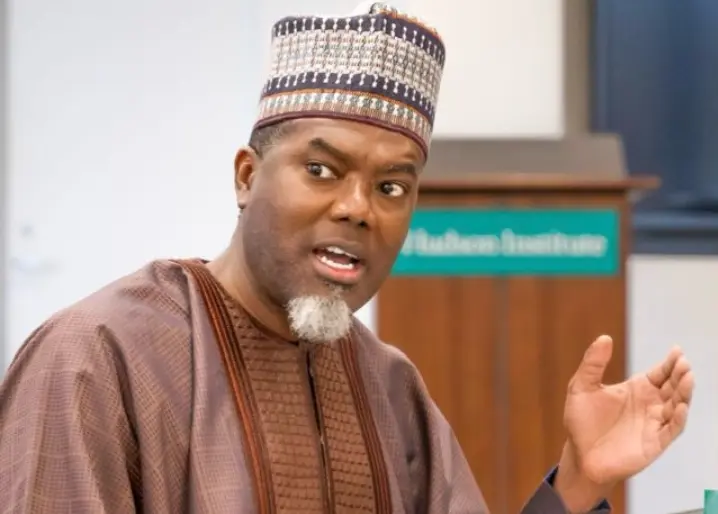Reno Omokri, a former presidential adviser and sociopolitical analyst, has advocated for commendation rather than condemnation of the recent installation of solar panels at Aso Rock, the Presidency’s official home.
He maintained that the decision is both environmentally and economically reasonable, calling objections of the move “small-picture thinking.”
In a statement, Omokri contended that the installation of solar panels is in line with international trends in energy sustainability rather than demonstrating a lack of confidence in the country’s electrical infrastructure.
Omokri cited historical precedent, pointing out that President Jimmy Carter’s installation of solar panels in 1979 marked the beginning of the United States White House’s usage of solar energy.
These installations were later upgraded by Presidents Ronald Reagan in 1989, George W. Bush in 2002, and Barack Obama in 2013.
He added that plans were reportedly in place under President Donald Trump to further update the system.
Omokri further highlighted similar clean energy initiatives across other global seats of power. He pointed to the British monarchy’s efforts under King Charles III to install solar panels at Buckingham Palace, as well as France’s deployment of geothermal technology at the Élysée Palace in Paris.
“Are you now saying that that means the United States Government does not have confidence in the ability of the United States Department of Energy to coordinate and provide adequate power for America?”
“French Presidency not express faith in British Gas and Électricité de France to provide power?” Omokri queried.
He emphasised that solar and geothermal energy represent the future of global power supply, noting that such transitions reduce environmental harm and relieve national grids of excessive demand.
According to Omokri, Aso Rock is a national asset funded by public money, and it is the responsibility of the President, as a trustee, to manage such resources prudently. Installing solar panels, he argued, is both a cost-saving and forward-thinking measure.
“By installing solar panels at Aso Rock, President Tinubu is leading by example and saving the Nigerian taxpayer money.”
“The more Nigerians use solar energy, the less pressure they put on the National Grid. The grid can then evacuate scarce electric power to where it is most needed, including rural communities and industrial clusters,” he stated.
He urged Nigerians to resist the urge to join unfounded criticism of the Presidency, describing such backlash as a “total misunderstanding of the issues.”



